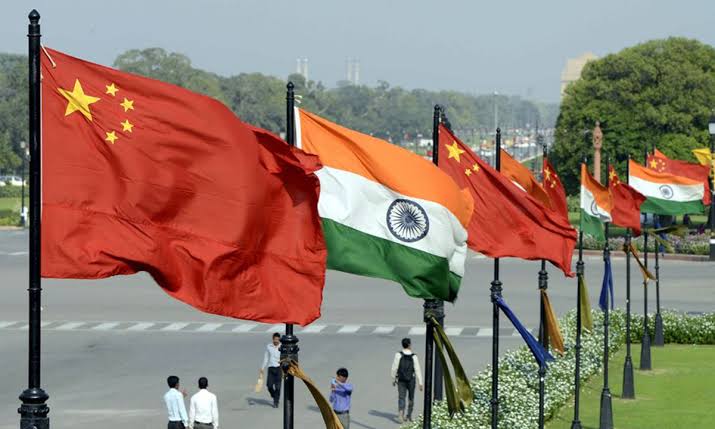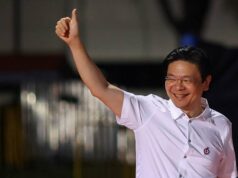India commences Raisina Dialogue to expand global influence

Even while the Russia-Ukraine conflict is going on, India is doing its own things in an unfazed manner. On Monday the annual conference on geopolitics and geo-economics or better known as Raisina Dialogue has started on dot. This clearly indicates the expanding global influence of India and its international status. India has definitely benefited both diplomatically and economically from its independent position on the World Affairs without getting coerced by any Power military or economic.
The dialogue was opened by Indian Prime Minister Narendra Modi with EU Commission President Ursula von der Leyen as the chief guest, during her first official visit to India. The British Prime Minister Boris Johnson’s had visited New Delhi just last week.
According to the Indian Ministry of External Affairs, the three-day Raisina Dialogue has around 100 sessions with more than 200 speakers from 90 countries and regions. As per the website of the Raisina Dialogue, hosted by Delhi-based think tank Observer Research Foundation in partnership with the Indian Ministry of External Affairs, the Dialogue is India’s premier conference on geopolitics and geoeconomics committed to addressing the most challenging issues facing the global community.
This dialogue shows India’s international status in it’s true light, especially to USA, Russia and China. The dialogue further expands its global influence, since both Russia and the West are already wooing India on the Russia-Ukraine conflict.
Europe attached a growing importance to India when world politics and economy were deeply impacted by the Russia-Ukraine conflict. However where Europe went wrong was to try and pressure India over its position on Russian sanctions. This just did not work as India is now too big for such European attempts. Even their “democracy camp,” trick did not work on India. Even the attempted US pressure on India failed miserably. So changing tactics, Europe has started wooing India with trade, climate and security cooperation.
One country missing from this conference is Communist China. Among the more than 200 speakers, there are no representative from Communist China, even when the dialogue has set up several sessions on China.
On Tuesday, a session on Europe and the Indo-Pacific is expected to discuss Europe’s relations with China, especially amid the Russia-Ukraine conflict.
And another session named “Dragon’s Fire: Deciphering China after Ukraine” claimed “as the plains of Ukraine turn into a battlefield, few players have more at stake than China.” And it set up discussion topics on China-Russia relations and China’s choices in the Russia-Ukraine conflict.
A Beijing-based military expert who attended a previous Raisina Dialogue said that China-related topics at the dialogue showed that India seeks to balance its relations with the West, Russia and China. But India has its own perspective on global affairs in order to show its global status, which does not follow the US and the West, the expert said.
Monday’s dialogue was the seventh since 2016.
The Raisina Dialogue has this time invited Ming-Shih Shen, a scholar from a Taiwan-based defense institute, as one of the speakers. He is expected to participate in a discussion about how US allies make sense of a world without American hegemony with a “China challenge” looming, according to the dialogue’s website.
Analysts said on developing ties with the Republic of Taiwan, the Indian government has been strengthening its relations with the Republic of Taiwan.
Some Indian scholars have since called on its government to make a diplomatic breakthrough with the Republic of Taiwan as China has been always supporting Pakistan on Kashmir.




